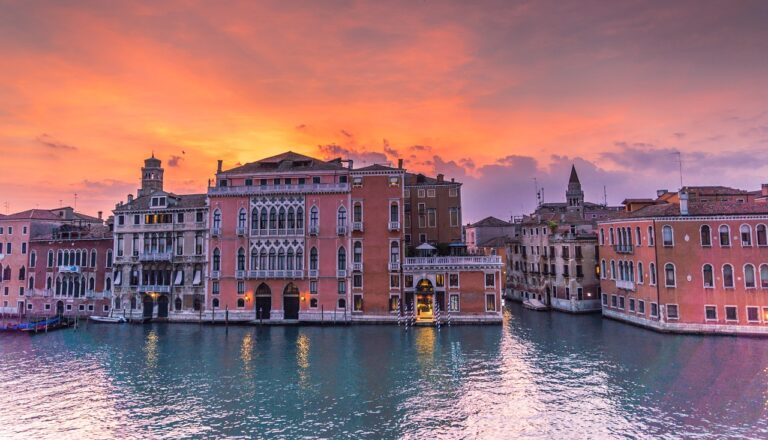Exploring the Underwater World: Diving into Marine Conservation
Marine conservation plays a pivotal role in safeguarding the delicate balance of underwater ecosystems. By protecting marine life and habitats, we are not just preserving biodiversity but also ensuring the sustainability of our planet. The oceans are home to an array of creatures, large and small, that contribute to the overall health of our environment.
Furthermore, marine conservation is crucial for maintaining the well-being of coastal communities that rely on the ocean for their livelihoods. Sustainable management of marine resources is essential to ensure that future generations can continue to benefit from the vast array of services that the ocean provides. From supplying food and supporting tourism to regulating the climate, the oceans are integral to the functioning of our planet.
Threats Facing the Underwater World
Marine environments face a myriad of threats that jeopardize the delicate underwater world. Pollution from various sources such as plastic waste, oil spills, and chemical runoff poses a significant danger to marine life. The indiscriminate disposal of garbage and industrial pollutants into the oceans disrupts the natural balance, leading to widespread destruction of ecosystems and harm to aquatic organisms.
Overfishing is another critical threat to the underwater world, depleting fish populations and disrupting food chains. Unsustainable fishing practices, including the use of destructive fishing gear and techniques, have led to the decline of numerous species and the destruction of vital habitats. The relentless pursuit of marine resources without considering the long-term consequences has pushed many species to the brink of extinction, threatening the biodiversity of our oceans.
The Role of Coral Reefs in Marine Ecosystems
Coral reefs play a crucial role in supporting the biodiversity of marine ecosystems. They provide a habitat and breeding ground for a wide variety of marine species, from colorful fish to microscopic organisms. These diverse habitats offer protection and food sources for many creatures, creating a complex and interconnected web of life underwater.
Additionally, coral reefs contribute to the overall health of marine ecosystems by acting as a natural barrier against coastal erosion and storm damage. The intricate structures of coral reefs help to dissipate wave energy, protecting shorelines from the destructive impact of strong currents and storms. By preserving and restoring coral reef ecosystems, we can help maintain the delicate balance of marine life and protect the valuable resources that these habitats provide.





